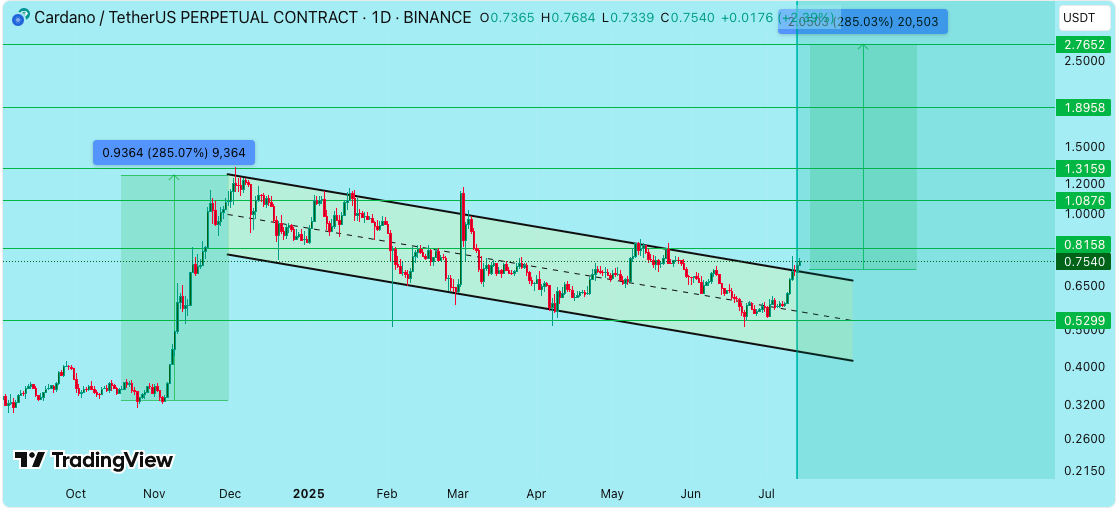Companies have been doing more reporting on their corporate social responsibility efforts, but that’s especially the case when there’s a new chief executive in place who wants to demonstrate their leadership skills to investors, according to a recent study.
The study, conducted by Long Chen, the accounting area chair at George Mason University’s School of Business, found that CEOs use CSR disclosures to project an image of themselves as skilled, competent leaders, as those disclosures are seen as signs of greater transparency and corporate citizenship. Because new CEOs need to define themselves to investors more than veteran CEOs who are more of a known quantity, both the likelihood and quality of disclosure are inversely related to the length of a CEO’s tenure.
The study, released in May, was co-authored by Chen, along with Chih-Hsien Liao of National Taiwan University in Taipei, Albert Tsang of Southern University of Science and Technology in Shenzhen, China, and Li Yu of Nankai University in Tianjin, China.
“We find that when CEOs are early in their tenure, they’re more motivated to make those CSR disclosures,” said Chen.
CSR reporting in recent years has become commonly referred to as environmental, social and governance reporting, or ESG, but the concepts are similar, she noted.
For the study, the researchers looked at a sample of 9,248 firm-year observations from the Refinitiv ESG database from 2002 to 2016. Using various proxies for CEOs’ commitment to CSR reporting practices, they found that early-tenure CEOs were more likely than later-tenure CEOs to voluntarily issue standalone CSR reports, provide CSR disclosures in their annual reports, and disclose information on how they engaged with stakeholders during decision-making processes. Early-tenure CEOs were also more likely to issue standalone CSR reports that complied with guidelines from the Global Reporting Initiative, contained independent assurance, and reflected their firms’ global activities.
Further analysis suggested early-tenure CEOs were more likely than later-tenure CEOs to signal their competence through voluntary CSR reporting, particularly when their efforts were receiving strong outside attention from socially responsible investors, financial analysts and the media. They see it as part of a “signaling effect,” and that the association was more prominent in firms with early tenure CEOs.
“We do have an analysis of whether the signaling effects of CSR reporting have some relation to future financial performance,” said Chen.
To corroborate their findings, they tested whether CEOs personally benefited from voluntary CSR reporting and found that compared to later-tenure CEOs, early-tenure CEOs received more personal benefits in terms of higher total compensation, better reputation and lower turnover thanks to voluntary CSR reporting. Their companies also seemed to perform better financially.
“The whole idea of this paper is early-tenure CEOs are new to their position, so stock market investors have little knowledge about the quality, skills or performance of those new CEOs,” she added. “New CEOs want to signal to the market about their quality, so voluntary disclosure on CSR is a good opportunity for them to say what they’re doing, and it’s actually improving and strengthening the financial position of the firm. We also find that there’s a baseline effect. All the CEOs do voluntary CSR disclosure, but the early-tenure CEOs are better motivated. They really are motivated to signal to the market and let people know who they are and what they can do.”
Besides higher compensation, CEOs see other tangible benefits in the form of longer tenure and invitations to speak at prestigious business conferences. “That shows why CEOs want to do that,” said Chen. “There are efforts and costs of making those disclosures, but there are also benefits to the firm and to the individual CEOs.”
The research may help inform the Securities and Exchange Commission as it plans to finalize the climate-related disclosure rule it unveiled in March 2022, which is expected to happen sometime this fall after a delay, although Chen pointed out that ESG goes beyond just environmental reporting.
“It’s very useful for the SEC to understand all those motivations, and also for information users, stock market participants and investors to really read those between the lines and understand the decisions behind those disclosures,” she said.
Credit: Source link











